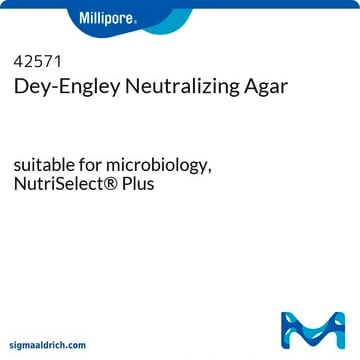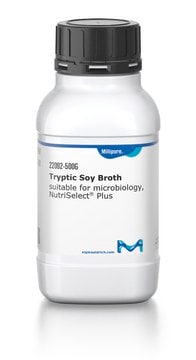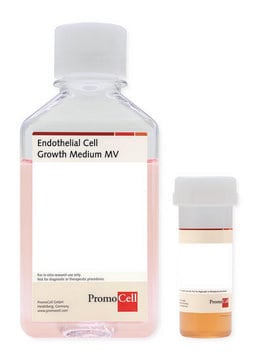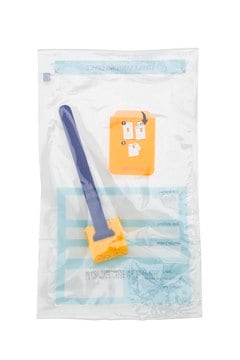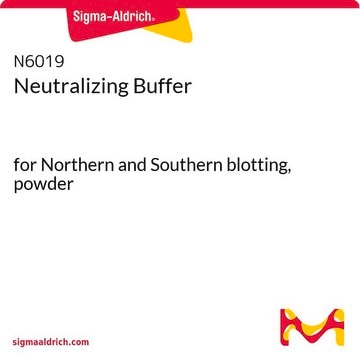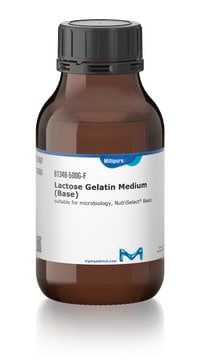D3435
Dey-Engley neutralizing broth
suitable for microbiology, NutriSelect® Plus
Sinónimos:
D/E Neutralizing Broth
About This Item
Productos recomendados
sterility
non-sterile
Quality Level
form
powder
shelf life
limited shelf life, expiry date on the label
manufacturer/tradename
NutriSelect® Plus
final pH
7.6±0.2 (25 °C)
application(s)
environmental
food and beverages
pharmaceutical
sterility testing
surface monitoring
microbiology
storage temp.
2-8°C
suitability
nonselective for Bacillus spp.
nonselective for Escherichia coli
nonselective for Pseudomonas spp.
nonselective for Salmonella spp.
nonselective for Staphylococcus spp.
nonselective for bacteria (General Media)
nonselective for coliforms
¿Está buscando productos similares? Visita Guía de comparación de productos
General description
Application
Biochem/physiol Actions
Components
Casein enzymatic hydrolysate5.00
Yeast extract2.50
Dextrose10.00
Sodium thiosulfate6.00
Sodium thioglycollate1.00
Sodium bisulfite2.50
Lecithin7.00
Polysorbate 805.00
Bromocresol purple0.02
Preparation Note
Footnote
The designations basic, plus, or prime are added to indicate the quality control level, from basic quality control to standard QC plus to prime for full regulatory compliance.
Legal Information
signalword
Warning
hcodes
Hazard Classifications
Skin Sens. 1
Storage Class
11 - Combustible Solids
wgk_germany
WGK 3
flash_point_f
Not applicable
flash_point_c
Not applicable
ppe
Eyeshields, Faceshields, Gloves
Elija entre una de las versiones más recientes:
¿Ya tiene este producto?
Encuentre la documentación para los productos que ha comprado recientemente en la Biblioteca de documentos.
Los clientes también vieron
Artículos
An article concerning the detection, identification, differentiation, and cultivation of Pseudomonas species.
An article concerning the detection, identification, differentiation, and cultivation of Pseudomonas species.
An article concerning the detection, identification, differentiation, and cultivation of Pseudomonas species.
An article concerning the detection, identification, differentiation, and cultivation of Pseudomonas species.
Nuestro equipo de científicos tiene experiencia en todas las áreas de investigación: Ciencias de la vida, Ciencia de los materiales, Síntesis química, Cromatografía, Analítica y muchas otras.
Póngase en contacto con el Servicio técnico